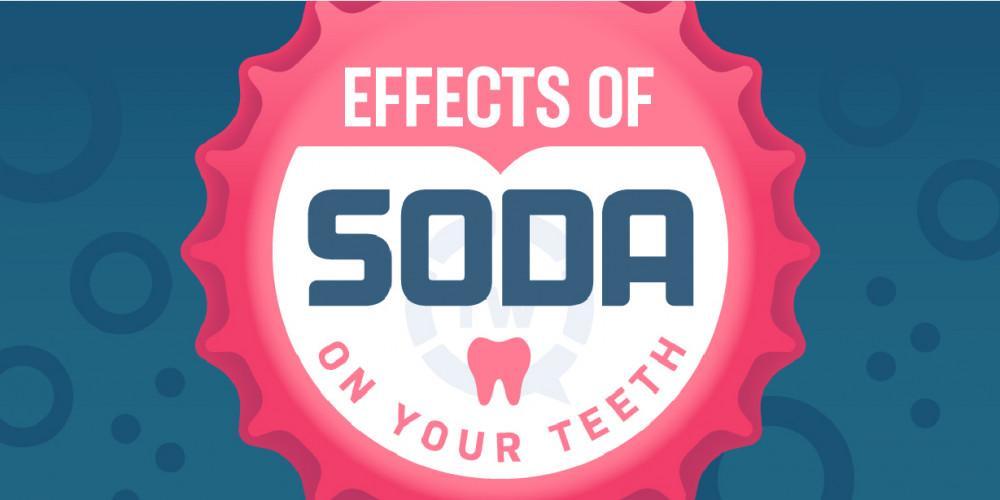
A Step-by-Step Guide for Handling Dental Emergencies

From throbbing toothaches to knocked out teeth, I treat just about every type of dental emergency here at ProDent Care in Glendale, California. Knowing what to do before you get to our office can make a big difference in the outcome. Here are the steps you need to know to care for common dental emergencies while en route to see us.
Knocked out permanent tooth
Prompt and proper care when a permanent tooth is knocked out can mean the difference between having it permanently replanted or needing a tooth replacement. It’s essential to reach our office within 30 minutes. Without touching the root of the tooth, rinse it in milk and if possible, gently put it back in place, carefully ensuring it is facing the correct way. If it doesn’t fit well in the socket, don’t force it. Instead, place the tooth in a glass of milk or water with a pinch of table salt.
Knocked out baby tooth
Even a baby tooth knocked out prematurely should be examined at our office. However, unlike permanent teeth, baby teeth should not be placed back into the gum. Doing so can damage the permanent tooth underneath, and can present a choking hazard. If your child is in pain, apply an ice pack to the jaw.
Loose permanent tooth
A loose permanent tooth is most often caused by a chronic infection that has weakened the gum attachment. Try not to wiggle the tooth or move it with your tongue. If bleeding occurs, pack around the tooth with cotton or gauze. Apply an ice pack or use an over-the-counter medication to deal with pain. You should visit our office for treatment as soon as possible.
Chipped or cracked tooth
Untreated, a broken or cracked tooth can lead to an infection inside of the tooth root. If you sustain a chipped or cracked tooth, rinse out your mouth with warm salt water to disinfect the area. If possible, recover any pieces of the tooth.
If bleeding occurs, apply pressure around the tooth with clean gauze for up to 20 minutes or until the bleeding subsides. Do not remove the used gauze, as this can restart bleeding. Apply ice packs to the side of the face where the chipped or cracked tooth is located to help ease any pain and swelling. Then make your way to our office as soon as possible.
Bitten lip or tongue
Biting the lip or tongue happens frequently and is normally not a cause for worry. However, if a piece of flesh is bitten off the tongue or lip, clean the area by rinsing your mouth with a mild salt water solution. Then apply gauze and hold it against the wound for up to 20 minutes or until the bleeding stops.
After the bleeding subsides, apply ice to reduce swelling. If possible, retrieve the bitten off tissue and keep it clean and cool. Visit our office or a doctor as soon as possible.
Severe toothache
Toothaches can range from simply annoying to absolutely debilitating. With any toothache, begin by rinsing the mouth with warm salty water. Use a dental floss to remove any object stuck between teeth.
Never use any sharp or random objects to remove objects from between teeth. This can damage the enamel and cause further complications. For toothaches that persist, call our office for a quick appointment.
Of course, not all dental emergencies can be prevented. Still, following the simple preventive measures below will reduce your risk for sustaining one.
- Never open anything with your teeth
Teeth are designed for a specific purpose: chewing food. They are not designed for the different stresses presented by prying or pulling actions. Such activities can loosen or break teeth, causing multiple risks to your oral and overall health.
- Wear a mouthguard during sports
Although wearing a mouth guard may not be the cool thing to do, it’s a great idea to keep your teeth safe and intact during sports, especially when playing contact sports.
- Floss, brush, and see us every six months
Routine home oral care can help you avoid dental emergencies. Strong teeth and healthy gums are better equipped to withstand the stresses your teeth endure when chewing and even when suffering an impact. Having your teeth professionally cleaned and examined in our office is also vital. It enables me to detect potential problems at their earliest, most treatable stage.
If you suffer a dental emergency, call our office immediately; and if you’re uncertain whether your issue is an emergency, don’t hesitate - call us right away. At ProDent Care, keeping our patients’ teeth and gums healthy for a lifetime is our top priority.
You Might Also Enjoy...


Understanding the Five Stages of Tooth Decay

Kicking the Tobacco Habit is Good for your Mouth

What to Do When You Crack a Tooth

What is Plaque?


